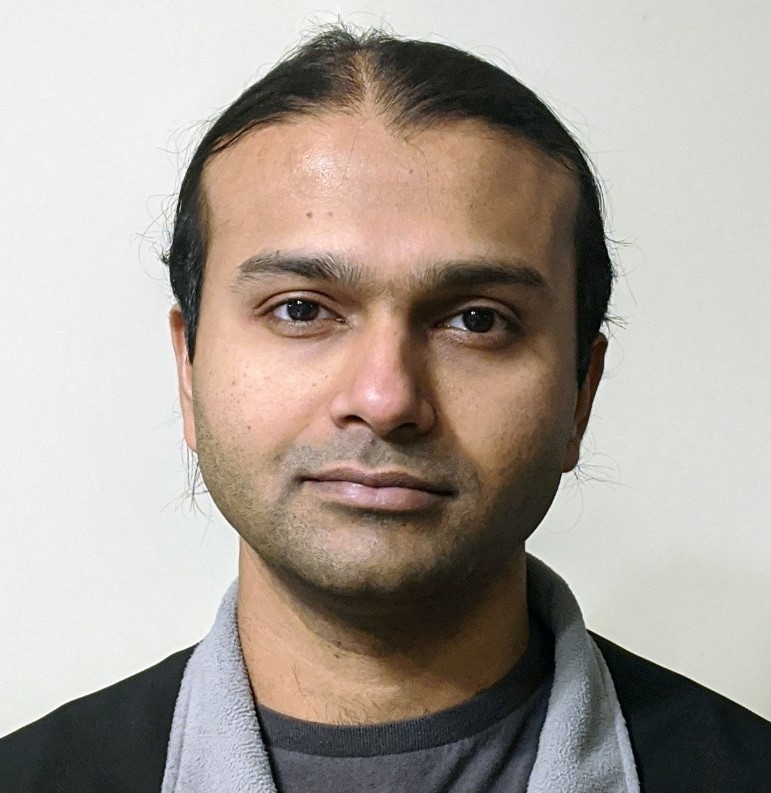GERD is treated progressively, beginning with lifestyle modifications (such as weight loss and keeping the head elevated while sleeping); if those modifications aren’t possible or don’t provide complete symptom control, then acid-suppressing drugs, such as proton pump inhibitors (PPIs) or histamine receptor (H2) blockers, may be added. More recently, concerns have grown regarding long-term PPI use and potential side effects.[1] Clinical evidence suggests that long-term PPI use may lead to a less diverse gut microbiome with a greater incidence of potentially pathogenic species.[2] Lower gut health in relation to long-term PPI use may lead to increased risk of pathogenic growth,[3] such as Clostridium difficile,[4] and to community-acquired pneumonia.[5] Less recent reports also cite long-term PPI use as a possible explanation for increased risk of bone fracture[6] through mineral metabolism impairment.[7]
Antidepressants and prokinetics, the latter of which stimulate the digestive tract, are sometimes added to PPI therapy for enhanced symptom relief.[8] Surgery may be required in some cases of GERD to repair a hiatal hernia if present and/or to fortify the esophageal sphincter. The sphincter may be fortified by wrapping it with either the top portion of the stomach (called a fundoplication) or a ring of magnets (called a magnetic sphincter augmentation).[9][10]
References
- ^Hojo M, Asaoka D, Shimada Y, Nojiri S, Nagahara AStrategies for discontinuation of proton pump inhibitors (PPIs) in patients with long-term PPI administration: a randomized controlled trial.BMC Gastroenterol.(2022-Jan-15)
- ^Imhann F, Bonder MJ, Vich Vila A, Fu J, Mujagic Z, Vork L, Tigchelaar EF, Jankipersadsing SA, Cenit MC, Harmsen HJ, Dijkstra G, Franke L, Xavier RJ, Jonkers D, Wijmenga C, Weersma RK, Zhernakova AProton pump inhibitors affect the gut microbiome.Gut.(2016-May)
- ^Jackson MA, Goodrich JK, Maxan ME, Freedberg DE, Abrams JA, Poole AC, Sutter JL, Welter D, Ley RE, Bell JT, Spector TD, Steves CJProton pump inhibitors alter the composition of the gut microbiota.Gut.(2016-May)
- ^Deshpande A, Pant C, Pasupuleti V, Rolston DD, Jain A, Deshpande N, Thota P, Sferra TJ, Hernandez AVAssociation between proton pump inhibitor therapy and Clostridium difficile infection in a meta-analysis.Clin Gastroenterol Hepatol.(2012-Mar)
- ^Lambert AA, Lam JO, Paik JJ, Ugarte-Gil C, Drummond MB, Crowell TARisk of community-acquired pneumonia with outpatient proton-pump inhibitor therapy: a systematic review and meta-analysis.PLoS One.(2015)
- ^Suehiro M, Dannals RF, Scheffel U, Stathis M, Wilson AA, Ravert HT, Villemagne VL, Sanchez-Roa PM, Wagner HNIn vivo labeling of the dopamine D2 receptor with N-11C-methyl-benperidol.J Nucl Med.(1990-Dec)
- ^Insogna KLThe effect of proton pump-inhibiting drugs on mineral metabolism.Am J Gastroenterol.(2009-Mar)
- ^Si XB, Huo LY, Bi DY, Lan Y, Zhang SComparative Efficacy of Antidepressants for Symptoms Remission of Gastroesophageal Reflux: A Bayesian Network Meta-analysis of Randomized Controlled Trials.Turk J Gastroenterol.(2021-Oct)
- ^Xie P, Yan J, Ye L, Wang C, Li Y, Chen Y, Li GEfficacy of different endoscopic treatments in patients with gastroesophageal reflux disease: a systematic review and network meta-analysis.Surg Endosc.(2021-04)
- ^Zhuang QJ, Tan ND, Chen SF, Zhang MY, Xiao YLMagnetic sphincter augmentation in treating refractory gastroesophageal reflux disease: A systematic review and meta-analysis.J Dig Dis.(2021-Dec)



